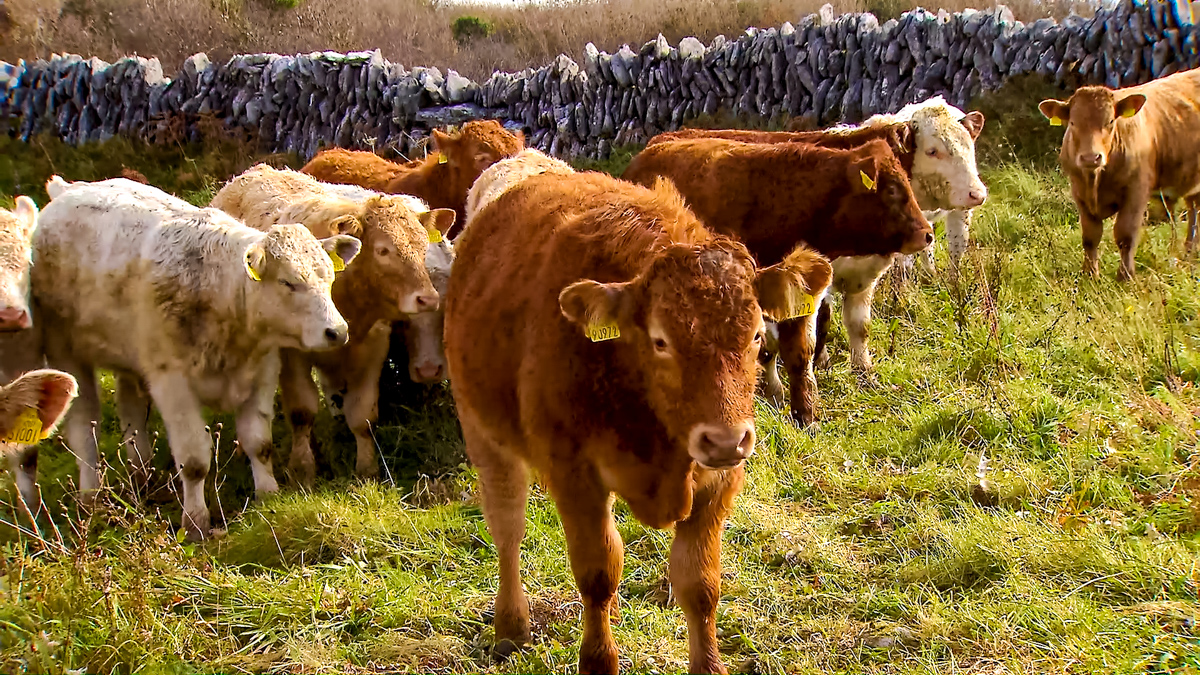There will be no cap on cow numbers under the new suckler scheme – the Suckler Carbon Efficiency Programme (SCEP) – the Minister for Agriculture, Food and the Marine has confirmed this evening.
In addition, participation in the Bord Bia Sustainable Lamb Assurance Scheme to qualify for the Sheep Improvement Scheme is no longer required.
And, 3% of Pillar I funding will be ringfenced for generational renewal – up from 2% – it has also been confirmed.
Suckler limit
Commenting on the SCEP, Minster Charlie McConalogue said the number of suckler cows a farmer can be paid on, as part of the intervention, will still be based on a reference year.
But there will be flexibility for farmers to increase the number of animals on their farm outside of the intervention.
The new SCEP will replace and build on the Beef Data and Genomics Programme, with the aim of reducing absolute emissions by improving the environmental sustainability and genetic merit of the suckler herd.
The initial SCEP proposal contained in the CAP Strategic Plan (CSP) 2023-2027 attracted widespread criticism when it emerged that participants of the scheme would not be able to increase suckler cow numbers, except under exceptional circumstances.
Minister McConalogue confirmed changes to a number of other mooted aspects of the CSP this evening:
- The Straw Incorporation Measure will run for the full five years of the next CAP;
- The Collaborative Farming Grant will run for the full five years of the next CAP.
Commenting, Minister McConalogue said:
“I have been listening to the views of stakeholders over the past few months and, most recently, at the mart meetings, and I have made changes to the draft plan where possible.
A number of other changes have been made to the draft CSP in the light of stakeholder feedback.
“My officials will continue to work on the plan over the coming weeks in order to fully take account of the recently announced Climate Action Plan 2021, as well as stakeholder feedback on the draft plan and the environmental report as a matter of urgency in order to meet the statutory deadline of January 1, 2022.”
